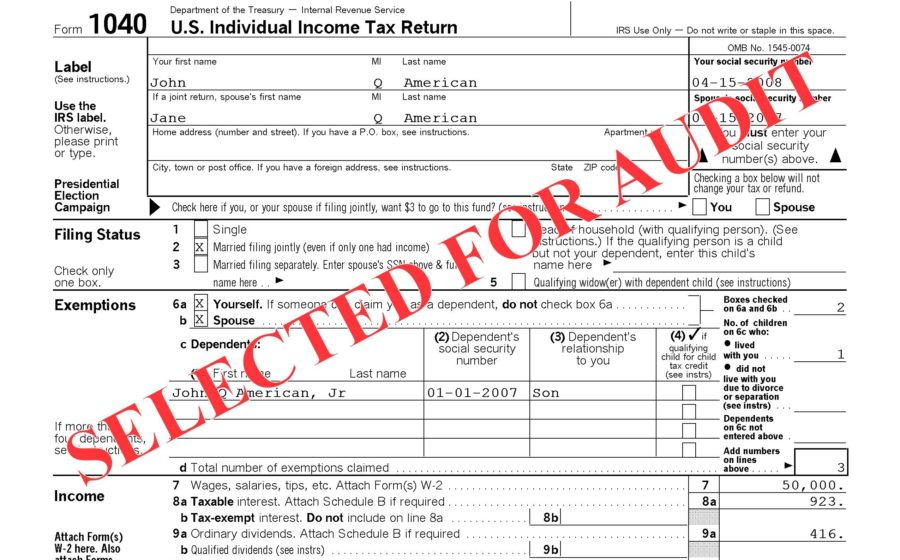The filing deadline for 2022 taxes is April 18th, 2023. If you bought, sold, traded, earned, or lost cryptocurrencies this year, be prepared because crypto users are in the IRS’s crosshairs.

Currently, the IRS views crypto as a capital asset (like a stock) and therefore subject to capital gains and loss treatment. The following are the most frequently asked questions regarding reporting crypto to the IRS.
How does the IRS know if you own crypto?
Two ways. First, on the top of your personal income form (1040) you are asked, “Did you receive, sell, exchange, or otherwise dispose of any financial interest in any virtual currency?”. Each tax filer must answer by checking a box, “Yes” or “No”. If you lie the IRS can potentially get you on tax fraud.
Second, A “John/Jane Doe Summons”. This is a summons that compels crypto brokerages to share their data with the IRS. That data can be used to identify, audit, and prosecute taxpayers avoiding paying their share of tax on crypto gains. If you have a crypto brokerage account you should receive a summary of all the transactions. that occurs during the year, if not, then request one.
How much do you have to pay in taxes?
The amount of tax due is contingent upon the length of time you hold the crypto prior to disposing of it and your income bracket.
Short-term gains: if you had the crypto for 12 months or less the gain is treated the same as ordinary income and taxed at your income tax rate.
Long-term gains: if held for more than 12 months the tax rate on gains is no more than 15%.

Make sure you keep meticulous tax records
Can I write off crypto losses?
Yes. If you sell crypto at a loss, you can use that loss to offset gains made on any other capital assets sold during the year.
How are crypto gifts taxed?
Crypto gifts are not taxable to the giver. For 2022, gifts received are free up to $16,000 (single) or $32,000 (joint), Over those amounts, the gift is considered ordinary income to the recipient and should be reported as such.
How are earnings from mining crypto taxed?
Mining earnings are taxed as ordinary income based on the value of the crypto on the day it was received.
One last thing
Remember, having valid and organized documentation on all of your crypto transactions is paramount. This year, many have experienced losses in the value of their assets, including crypto. If you decide to recognize those losses via the sale of those assets make sure you have ironclad documentation.





0 Comments